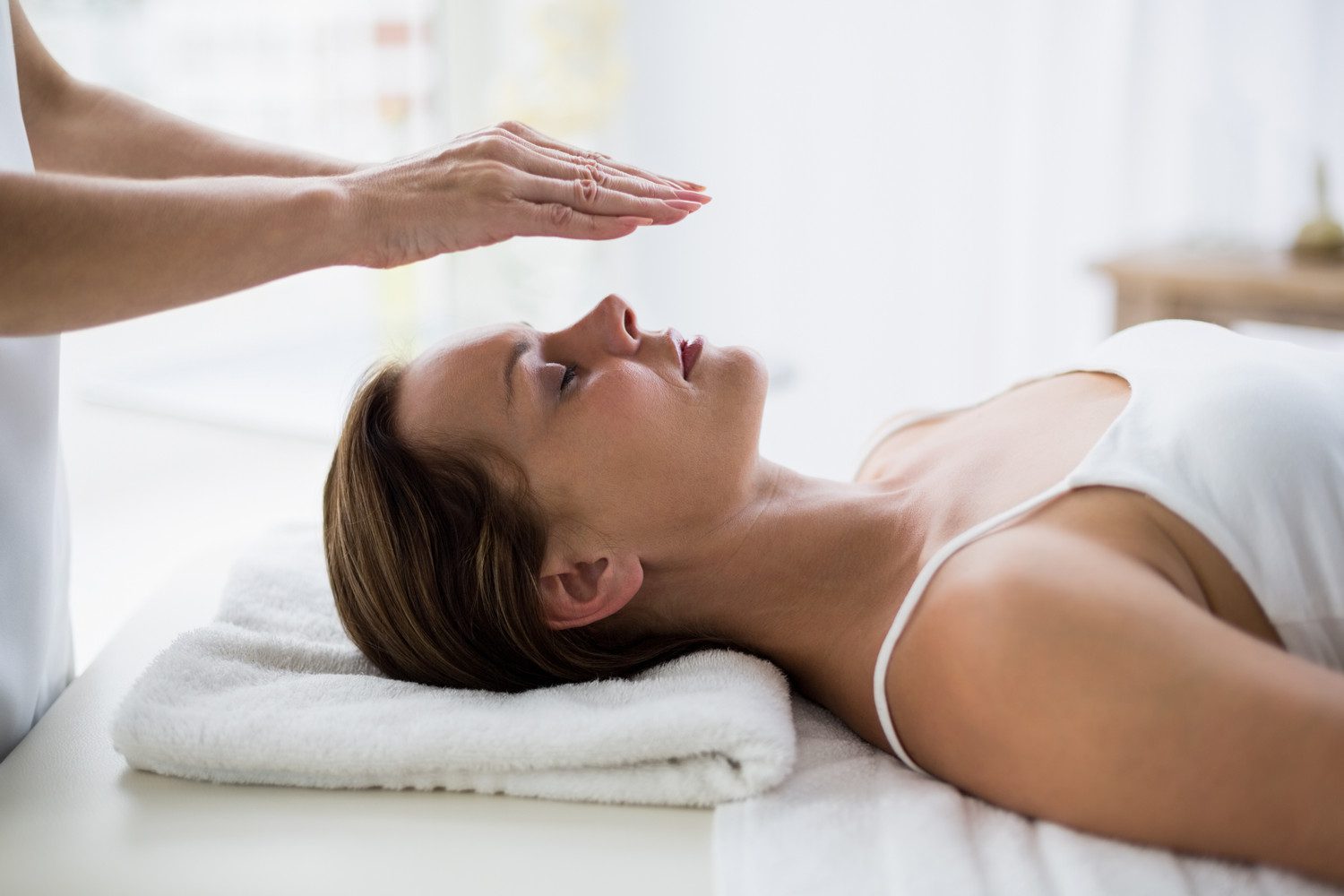Reiki therapy, a form of alternative medicine originating from Japan, has gained popularity in recent years for its purported healing abilities. This article explores the principles behind Reiki therapy and its potential benefits for physical, emotional, and mental well-being. From its origins to its modern applications, we delve into the fascinating world of this energy-based healing practice.
When it comes to maintaining and enhancing our physical health, Reiki Therapy presents a plethora of opportunities. Regular sessions can boost immunity, reduce pain, and accelerate the body’s natural healing process. It can also alleviate symptoms of chronic illnesses and repair tissue damage, making it a fantastic support for conventional medical treatment.
Reiki Therapy not only works wonders for the body but also soothes the mind and spirit. In the tumult of daily life, it helps manage stress, anxiety, and depression. Those who regularly undergo this therapy report developing a more positive outlook on life, increased self-esteem, better sleep, and enhanced emotional coherence.
When it comes to spiritual growth, Reiki Therapy provides an exceptional path. As a potent form of energy healing, it opens up one’s spiritual senses, reinforces the connection with one’s higher self, and paves the way for true inner peace. In fact, many people who practise Reiki find it catalyses a deep spiritual awakening.
Moreover, with a bit of proper guidance and practice, you can even utilise Reiki techniques for self-healing. It’s an empowering skill that allows you to maintain your emotional wellbeing and potentially ease physical discomfort at any time. Remember, however, this does not replace professional medical advice or treatment.
Also, Reiki Therapy can be incorporated seamlessly into holistic health practices. Combined with disciplines such as meditation, yoga, or natural herbal remedies, it can foster an integrated healing environment for the mind, body, and spirit. Reiki is unique in the sense that it complements other therapies and enhances their effect, and vice versa.
| Reiki Therapy for | It Helps |
| Physical Health | Boost Immunity, Reduce pain |
| Mental Healing | Manage Stress, Increase Self-esteem |
| Spiritual Growth | Reinforce Connection with Self |
To learn more about the principles and practices of Reiki Therapy, the Wikipedia page on Reiki provides a detailed and comprehensive overview.
Q&A
Q: What is Reiki therapy?
A: Reiki therapy is a Japanese healing technique that involves the transfer of healing energy through the practitioner’s hands to promote relaxation and reduce stress.
Q: How does Reiki therapy work?
A: Reiki therapy works by channeling universal life force energy through the practitioner’s hands to the recipient, stimulating the body’s natural healing abilities.
Q: What are the benefits of Reiki therapy?
A: Reiki therapy can help reduce stress, promote relaxation, improve emotional well-being, and enhance overall physical health.
Q: Is Reiki therapy safe?
A: Yes, Reiki therapy is generally considered safe and non-invasive. It is a gentle and natural healing method that complements other traditional medical treatments.
Q: How long does a Reiki therapy session typically last?
A: A Reiki therapy session typically lasts around 60 minutes, although the duration may vary depending on the individual practitioner and client’s needs.
Q: Who can benefit from Reiki therapy?
A: Anyone seeking stress relief, relaxation, emotional balance, or a holistic approach to healing can benefit from Reiki therapy. It can be used in conjunction with other medical treatments or as a standalone therapy.
Q: How can I find a qualified Reiki practitioner?
A: To find a qualified Reiki practitioner, you can ask for recommendations from friends or family members, search online directories, or contact local holistic healing centers or wellness clinics. It is important to choose a practitioner who is certified and experienced in Reiki therapy.
Conclusion
In conclusion, Reiki therapy offers a holistic approach to healing that focuses on balancing the body, mind, and spirit. While more research is needed to fully understand the mechanisms behind Reiki’s effectiveness, many individuals have reported significant benefits from this non-invasive and gentle form of energy healing. Whether used as a complementary therapy or as a standalone treatment, Reiki has the potential to promote relaxation, reduce stress, and enhance overall well-being. If you are interested in exploring alternative healing modalities, consider giving Reiki therapy a try and experience the potential healing powers for yourself.






